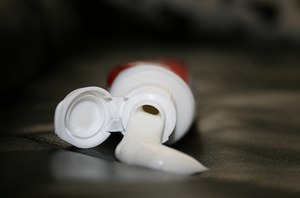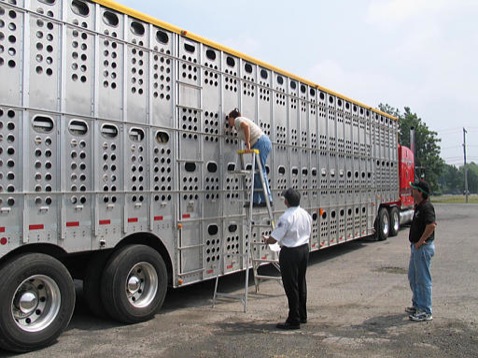The Seattle P.I. reports that “two-thirds of the honey Americans consume is imported and almost half of that, regardless of what’s on the label, comes from China.” The first problem with that is some Chinese honey is “tainted with banned antibiotics” such as ciprofloxacin and chloramphenicol. The second problem, according to U.S. honey producers who are upset about the lack of oversight, is that whenever contaminated honey is discovered, many companies just sent it back to the importer and never tell the FDA—which means it can be resold elsewhere, including to other U.S. packers.
importers

Charges Filed Against Importers Of Toxic Toothpaste
On Tuesday, the city of Los Angeles and the FDA charged the heads of two U.S. importing companies with 14 counts each of “receiving, selling and delivering an adulterated drug,” for their roles in importing and distributing over 70,000 tubes of toothpaste containing diethylene glycol (DEG) instead of glycerin. “Each count carries a maximum penalty of one year in jail and a $1,000 fine.”

Federal Government Boldly Declares: "It Is Impossible To Inspect Our Way To Safety"
Inspections will not keep Americans safe from potentially dangerous foreign imports, according to a Presidential working group representing 12 federal agencies. The working group believes that the sheer number of products arriving at our ports – goods worth $2 trillion, last year – make the development and deployment of an inspection regime impossible. The alternative inspires little confidence.

The Chinese Poison Train Is Impervious To Lawsuits
Don’t try to sue the Chinese Poison Train. It won’t work. American victims of tainted Chinese products have found it nearly impossible to litigate against companies based in China. There are roadblocks at every step in the process: Americans can only sue Chinese companies that do business in the U.S.; phantom companies that exist only on paper refuse to hand over key documents; and, even if a consumer can win a default judgment, no treaty compels China to respect rulings from U.S. courts. From the Washington Post:


